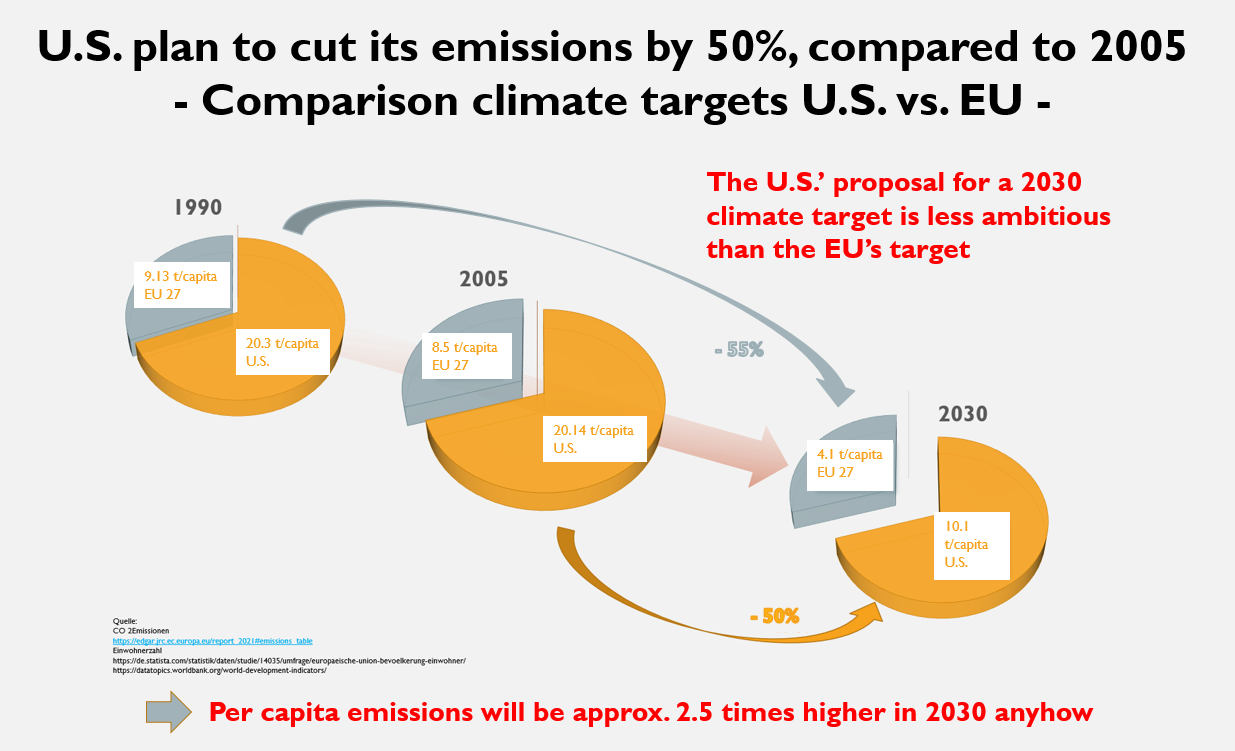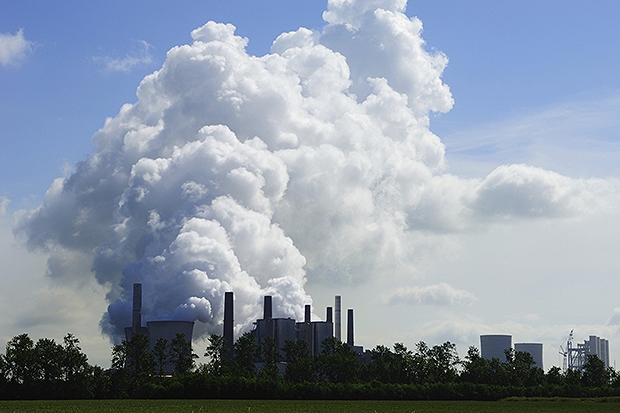This document must shake up all those responsible worldwide and motivate them to do even more to protect the climate / Promote negative emissions more strongly / Climate-neutral industry as a model for the world / Implement border adjustment mechanism (CBAM) with commitment
"This document must shake up those responsible worldwide and motivate them to do much more to protect the climate," this was the reaction of the environmental spokesman of the largest group in the European Parliament (EPP, Christian Democrats), Dr Peter Liese, to the publication of the latest report of the Intergovernmental Panel on Climate Change (IPCC). The publication of the report had been delayed because China in particular had tried massively to water down the findings. However, the report now forcefully points out the drastic damage that unchecked climate change will cause for future generations. It emphasises that the 1.5 degree limit can still be met, but that this requires technologies that not only limit emissions, but also remove CO2 from the atmosphere. These technologies (Carbon Dioxide Removal - CDR) must be significantly expanded. The report also emphasises that in some regions of the world the decoupling of CO2 emissions and quality of life has begun meaning high quality of life is achievable with low emissions.
Doctor and MEP Liese particularly emphasised the IPCC's statements on the health damage of climate change. "The report makes it clear once again that, for example, hundreds of millions of people are also experiencing health risks from climate change due to an increase in infectious diseases, and that climate protection equals health protection," said Liese, who is equally spokesperson for environmental and health policy. As a consequence, Liese called for massive efforts on the issue of negative emissions. "We have to better promote technologies that take CO2 out of the atmosphere, for example "direct air capture". Unfortunately, the Commission, the Council and a majority of the parliamentary groups have refused to include this technology, which we urgently need, in the EU’s emissions trading system. This must be done as soon as possible. Admittedly, this technology is still very expensive at the moment, but if we do not start now, we will not achieve an industrial scale and thus cost reduction in time. In addition, the European Union must pay even more attention than before to the fact that other partners in the world are making similar efforts to our own. The European climate target of 55 percent is very ambitious, and the European Parliament's decision two weeks ago on land use and forestry (LULUCF) will even raise it to 57 percent. Other industrialised countries and many emerging economies are falling short of expectations. Even if the US reaches its self-imposed target of 50 percent reduction compared to 2005, which is rather unlikely, emissions per capita in 2030 would still be 2.5 times higher than those of the EU," Liese explained.

"We have to stop focusing the debate on a few percentage points in Germany and Europe and do everything we can to be more successful in international climate protection. This means:
- We must manage to decarbonise our industry and thus be a global role model. A deindustrialised continent does not help to convince China and others.
- We must defend the agreement on the border adjustment mechanism CBAM with strength and commitment. Concerns from third countries must not lead to the EU not implementing the border adjustment mechanism. I am very pleased to see that some third countries are already thinking about increasing their ambition in order to not be disadvantaged by CBAM. For others, a lot of commitment is still needed.
- The European Commission must increase its dedication to climate diplomacy. Our group believes that we need a European John Kerry, a prominent chief climate negotiator, who will work powerfully all year to ensure that others embark on a similar path as the European Union",
said environmental politician Peter Liese.


